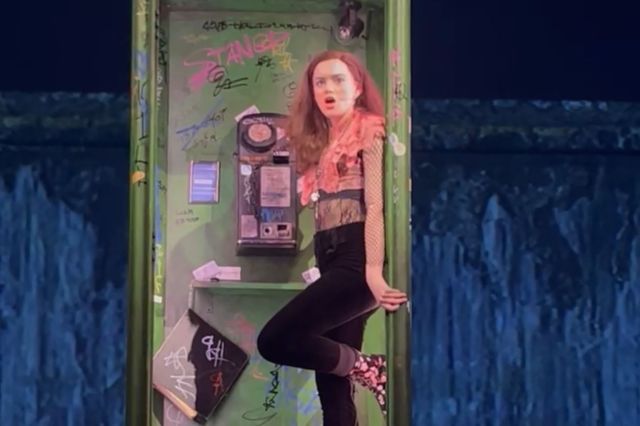Jerusalem Tango (Leeds)
In the second half the action becomes more intense and the complications take over, from the widely different goals of various groups of Jews (or of Christians) to the confusion of feelings when the personal and the political clash. Sir Henry is confident that the British have left a worthy legacy in Palestine, but in truth they have left an unholy mess – would it have been any less messy for their absence, though? Rowe doesn’t hammer the point, but the comparison to current situations – where good intentions hardly justify an undesired foreign presence – is unavoidable.
The 20-odd years of the British Mandate in Palestine are one of the forgotten episodes in our imperial story, possibly because it was never truly imperial, being temporary, and because our 1948 scuttle from Palestine was overshadowed by the much greater scuttle from India, the Jewel in the Crown. However, Rowe paints a vivid verbal picture of a life-style poised between Simla and Casablanca, supplying enough detail to give the play’s events a context, but never labouring the historical or political.
Olivia Rowe’s intelligently unambitious direction matches the tone of the play: unassuming, but ultimately challenging. In the studio Upstairs @ the Carriageworks, bar stools, a bed and a desk and chair mark out different acting areas, but there is no design concept. Peter Alexander’s Sir Henry is amusingly reminiscent of Colonel Blimp at times, but builds sensitivity and shrewdness into the comic persona. As Albert, Michael Forrest is more two-dimensional, but plays his part in an effective double act. Jem Dobbs’ Avram is strongly characterised, Joel Parry’s Thomas Wilson charts the character’s changes with pleasing understatement and Jenny Leveton brings out the ambiguities and appeal of Ziva with no hint of melodrama.












